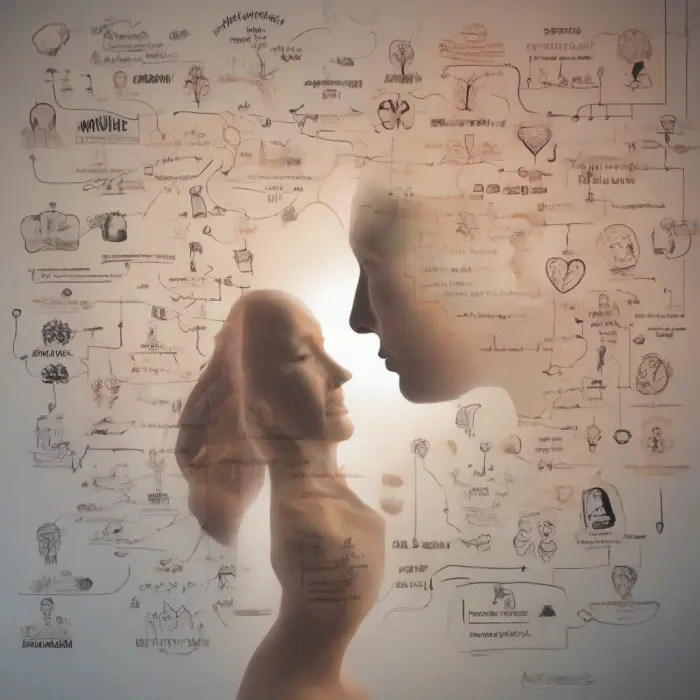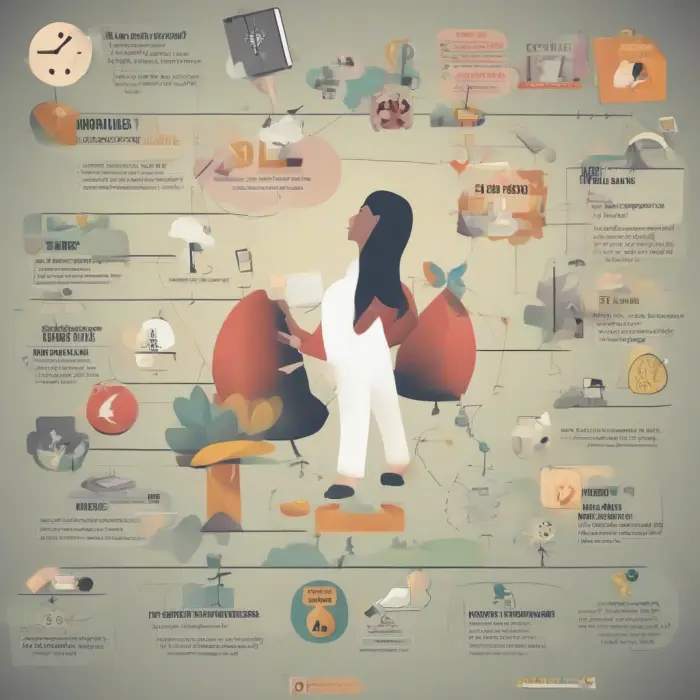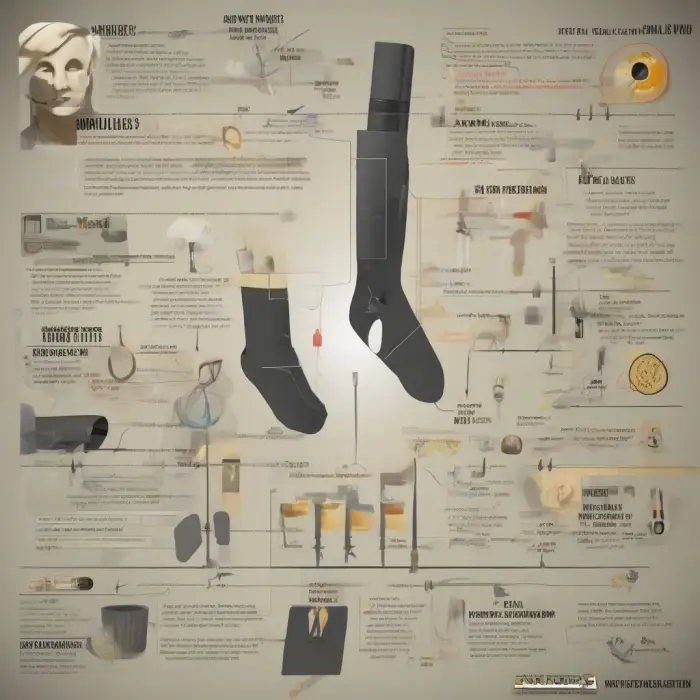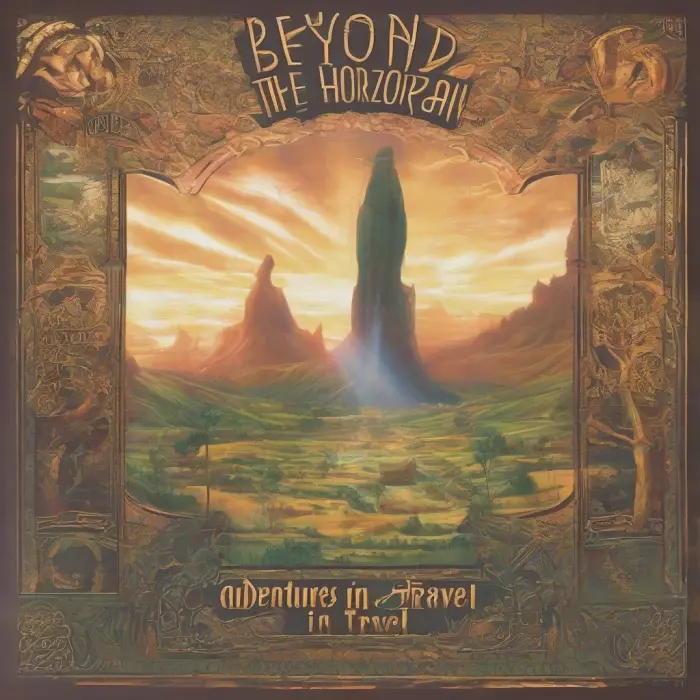Fascinating Facts About the Evolution of Languages
The fascinating journey of languages and their evolution is a testament to the depth and complexity of human communication. In the thousands of years that humans have inhabited the earth, we have formed various systems of communication – today, we know these as languages. From the simplest forms of symbols to the advanced locutions of modern languages, they have evolved in astounding ways.
Origin of Languages
The precise origin of languages remains uncertain, mainly due to a lack of written records or artifacts. However, scientists estimate that language began about 50,000 to 2 million years ago along with the evolution of Homo Sapiens. The need to work together in groups supposedly led to the development of a more advanced form of communication – languages.
The First Written Language
The ancient Sumerians are believed to have developed the first known form of written language around 3200 BC. Named Cuneiform, it consisted of a series of wedge-shaped marks cut into clay with a reed stylus. As societies grew, so did the complexity of their languages.
How Languages Evolve
Languages change and evolve over time due to a range of factors like migration, invasion, trade, cultural exchange, and innovation. Changes in pronunciation, vocabulary, syntax, and semantics are all part of this evolution. For example, Old English evolved into Middle English after the Norman Conquest brought considerable French influence.
Number of Languages
Today, there are about 7,000 different languages around the world, but the majority of these are spoken by small populations. Languages like Mandarin Chinese, Spanish, English, Hindi, Arabic and Bengali are spoken by millions, but other languages may only have a few hundred speakers.
Endangered Languages
According to a UNESCO report, about 2,500 languages are currently at risk of extinction. These languages, often restricted to small, isolated communities, are being sidelined by dominant languages. Constructive efforts are required to preserve these linguistic heritages.
Universal Languages
While there is no true “universal language,†English is often used as a lingua franca in many parts of the world. However, the idea of a universal language has existed for centuries, with constructed languages like Esperanto specifically designed for international communication.
The Future of Languages
With the onset of globalization and increased connectivity, smaller languages are increasingly under threat from more dominant ones. Also, emerging technologies are influencing how we communicate, leading to the creation of new words and communication styles. The evolution of language, therefore, is a continuous process that reflects our evolving societies.
In conclusion, the history and evolution of languages are filled with fascinating facts. As we move forward, it is crucial to recognise the importance of linguistic diversity in enriching our global culture and communication.










